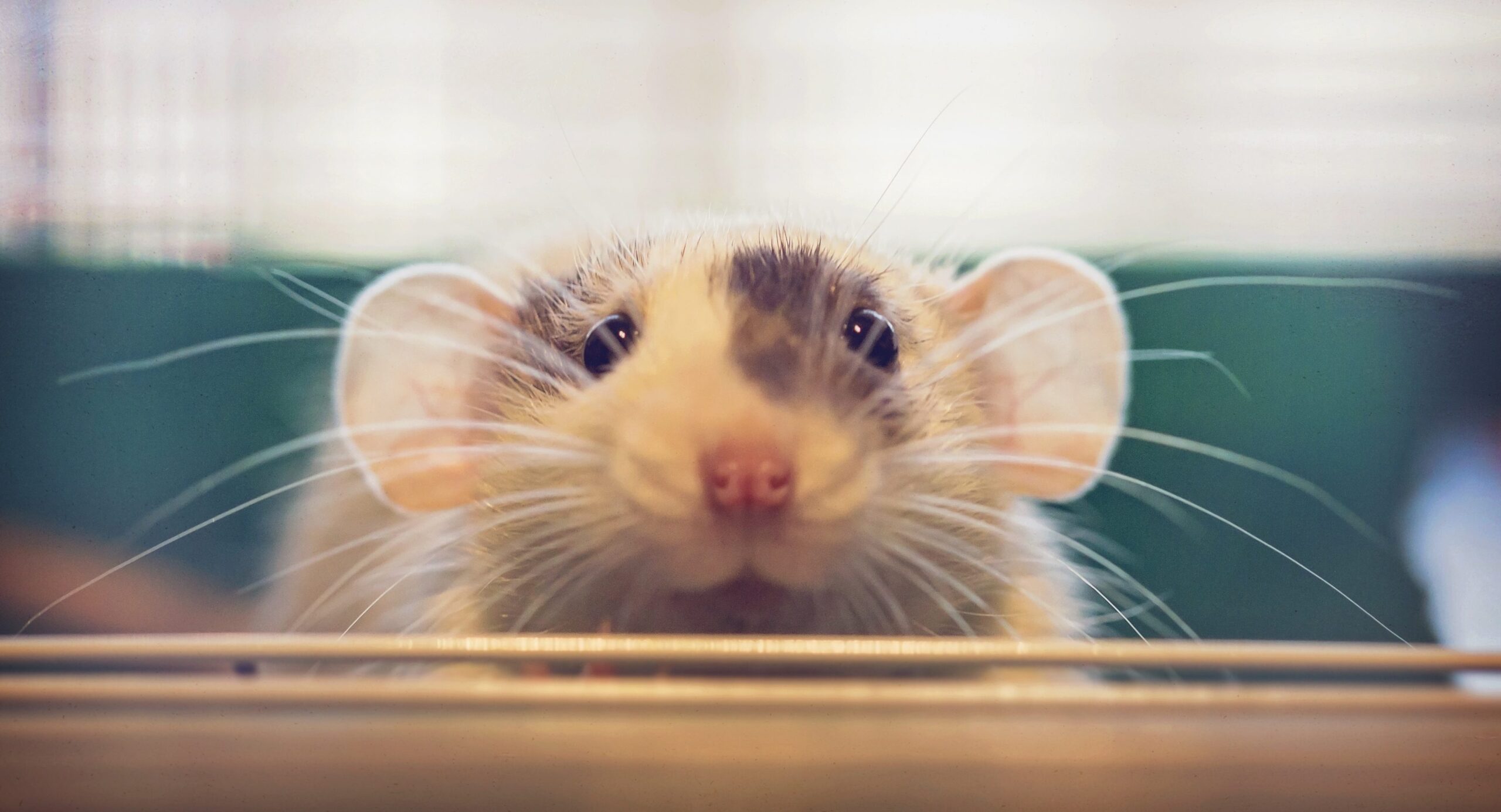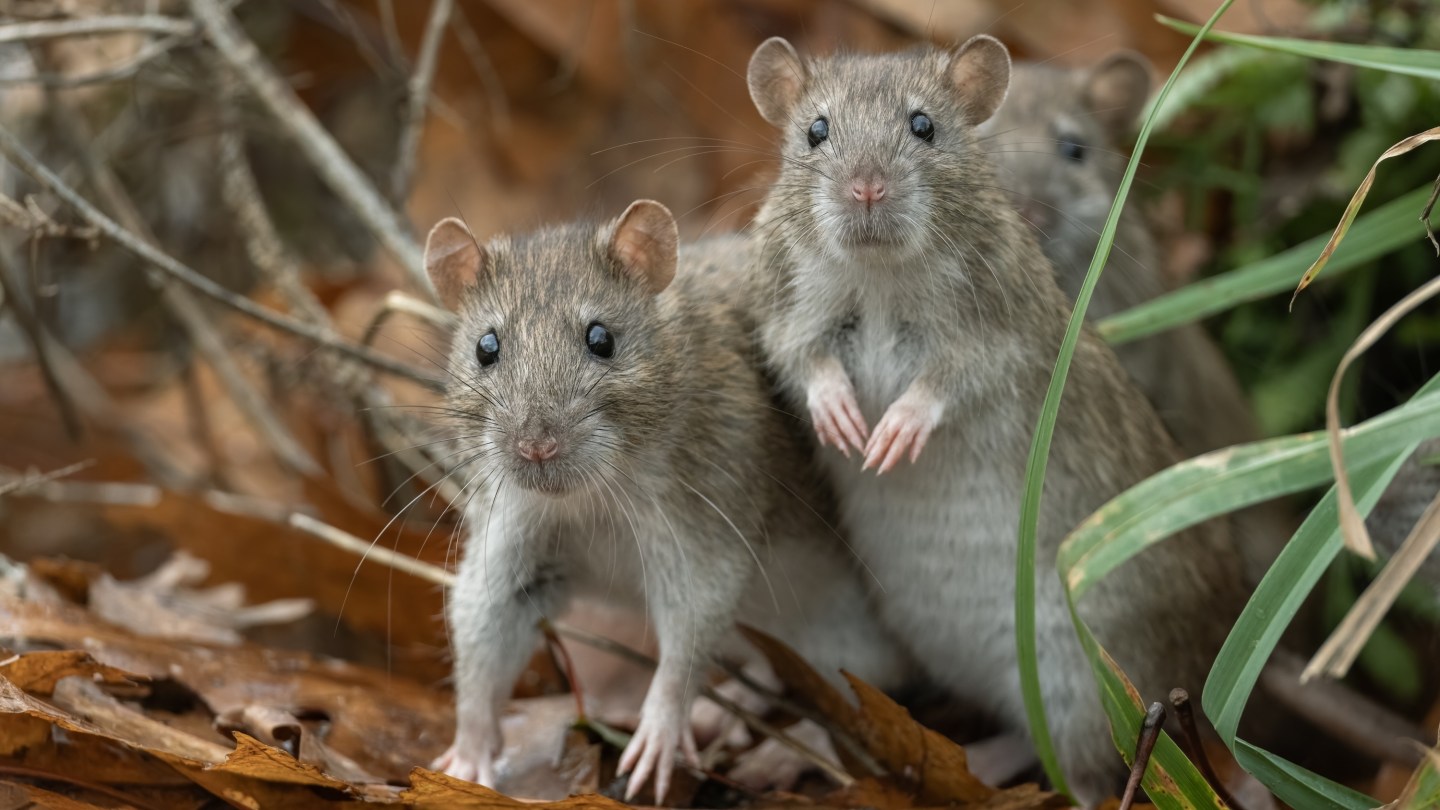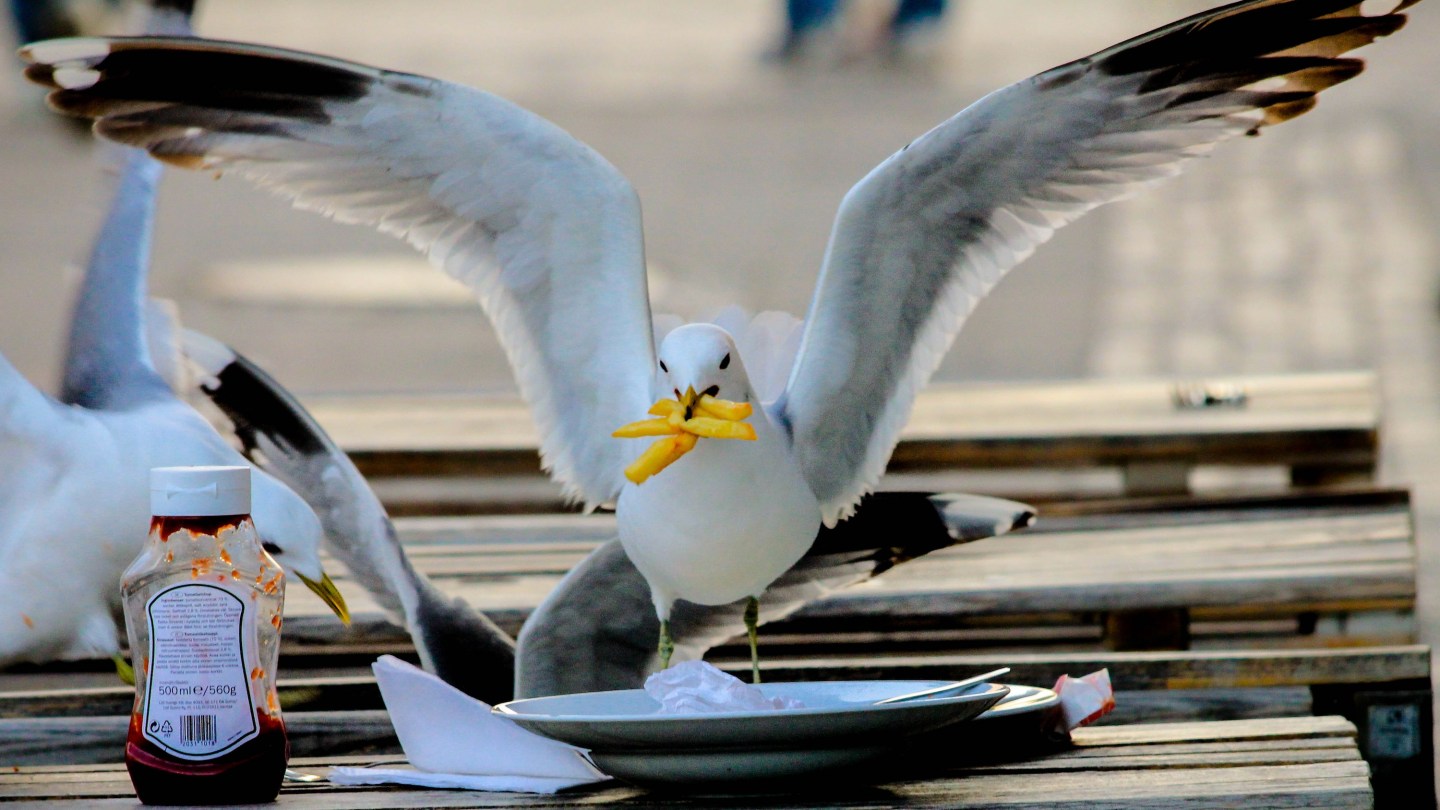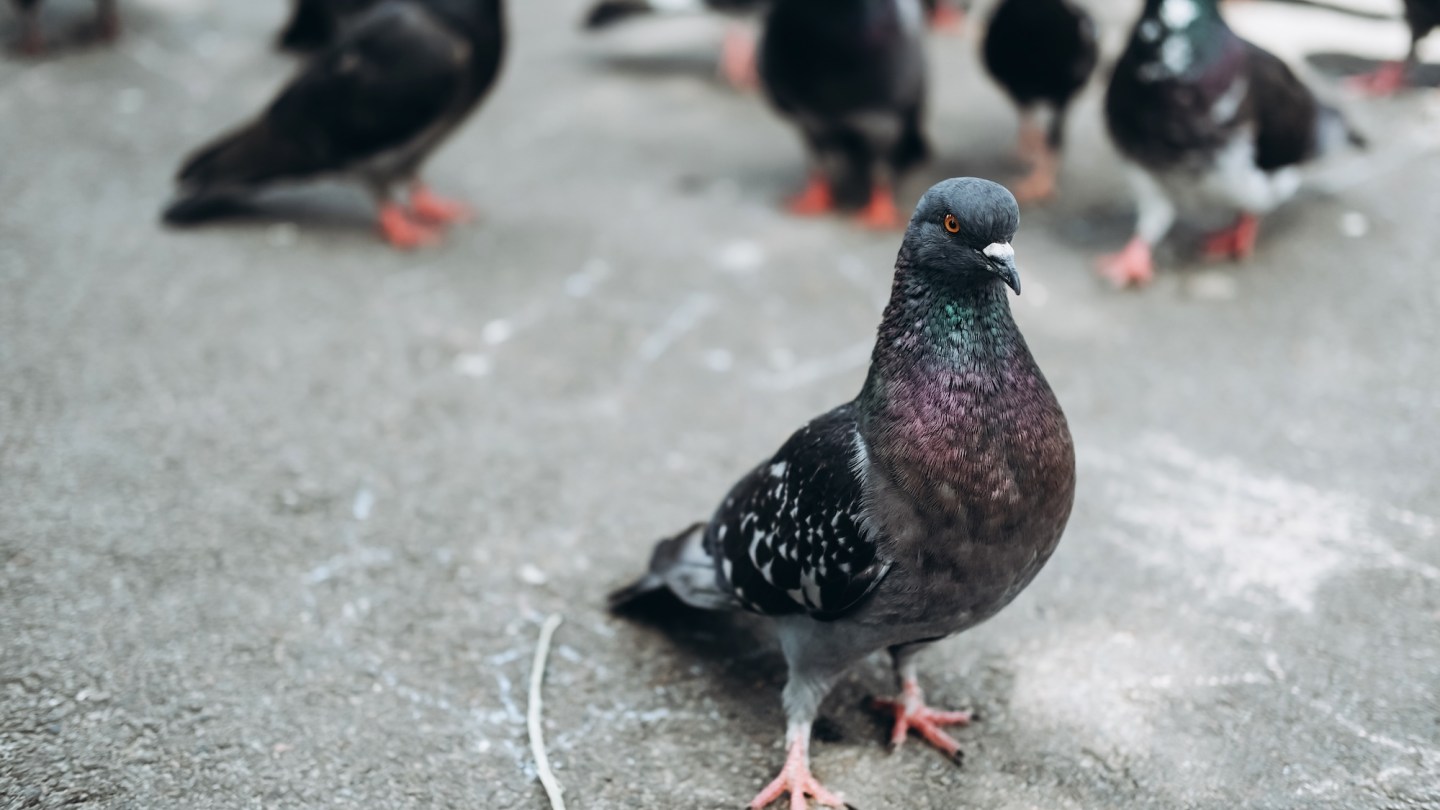
This week, we are featuring a collection of essays focused on the intriguing subject of nuisances. You might wonder why, but that question itself can be quite bothersome.
Consider the perilous asteroids looming overhead, pandemics lurking in the shadows, and the looming tipping points of climate change. It’s an ideal moment to consider humanity’s eventual end. But if humans were to disappear, which species would take our place? Which animal would rise to power in our absence?
This contemplation has sparked countless discussions across Reddit threads and Quora forums, and maybe even among friends with somewhat morbid interests. Various intelligent species—like octopuses, primates, and dolphins—are often proposed as potential successors. However, I suspect the best candidates for seizing the crown are already vying for it from the sidelines. In simple terms: the most adept pests. Three strong contenders emerge: rats, raccoons, and gulls.
These creatures show remarkable intelligence, adaptability, and a boldness that mimics human tenacity. They’re already swiping our food—often metaphorically, and sometimes quite literally. To explore this theory further, I consulted experts on rats, raccoons, gulls, and evolutionary trends to validate my selections and the general premise of this thought experiment.

Rats
Rats could be the frontrunners. Exceptional survivors, these creatures have adapted to thrive alongside humans across the globe. According to Kelly Lambert, a behavioral neuroscience professor at the University of Richmond and author of The Lab Rat Chronicles, they can be considered “the planet’s most successful mammals.”
Wild rats, she explains, are resilient and resourceful. “I don’t know if lab rats would fare well in the wild, but the urban and wild varieties can find food, create new habitats, and thrive almost anywhere,” Lambert shared.
Additionally, these nimble learners can quickly adapt. Lambert has even taught them how to drive tiny vehicles in her lab, showcasing their ability to learn new skills far removed from their instincts. “It’s a demonstration of their flexibility—learning tasks vastly different from their ancestral behaviors,” she explained.
Rats possess another key advantage: they reproduce rapidly. At just 10 weeks old, they can start breeding, producing up to 100 offspring annually. This reproductive efficiency not only drives their population growth but also allows them to adapt swiftly to new environments compared to larger mammals. This rapid turn-around in generations played a vital role in the survival of small mammals after the dinosaurs’ extinction.
“Larger species have more challenges,” noted Steve Brusatte, a paleontologist at the University of Edinburgh and the author of The Rise and Reign of the Mammals. “They require more energy, food, and time to reach maturity, making them vulnerable during catastrophic events.”
Brusatte pointed out that smaller animals tend to expand rapidly in size following the extinction of larger species. Should humans disappear, rats might evolve into larger forms, establishing a new lineage.
Madeleine Goumas, an expert on urban gulls who earned her PhD at the University of Exeter, sees the potential for rats to dominate in a post-human world. “Given their widespread presence, especially with human assistance, they stand a good chance of adapting, although they may need to grow larger to compete with other species such as foxes, which would benefit from the increased food supply,” she expressed.
Imagining a future dominated by intelligent, oversized rats that navigate vehicles or spaceships might not be far-fetched. “I’m constantly amazed by the ingenuity of rats,” Lambert commented. “They continually surprise me with their abilities, far beyond what I could anticipate from a human perspective.”

Raccoons
The underdog in this race, these charming “trash pandas” would require unique opportunities to ascend, but they are uniquely capable of capitalizing on any advantageous moment. Lambert adds that raccoons are rarely studied in controlled environments due to their cleverness and persistence when escaping captivity: “If there’s food or a resource that’s challenging to find, they will uncover it,” she said. Their curious nature drives them to explore—often mirroring our own human instincts to investigate and discover.
While this curiosity can work to their advantage, it sometimes leads to risky situations. “Unlike rats, which approach new stimuli with caution, raccoons are more reckless,” Lambert explains. Unfortunately, this impulsiveness typically leads to a wild lifespan of just two to three years, although they can thrive over 20 years in a protected setting.
Raccoons also invest considerable parental effort in fewer offspring compared to highly reproductive species like rats. This strategy has its benefits, as seen in human survival—but it might become a disadvantage if humans disappear, triggering a frantic scramble among species to occupy our niche.
Even so, given the right circumstances, a raccoon’s audacity and inquisitiveness could lead to interesting outcomes in a world devoid of humans. Lambert noted the fascinating dynamics between rats and raccoons. “It’s a compelling competition; I’m uncertain where my allegiance lies.”

Gulls
While gulls are intelligent and brazen, they might not be the best fit for domination—and they seem content with that. According to Goumas, the gull specialist, “I don’t see them as candidates for world dominance. As ground-nesters, they’d likely suffer from an abundance of predators, including rats and other ground-dwelling animals that could thrive without humans.”
Small predators like snakes and mammals have historically posed threats to ground-nesting birds and would likely continue to do so. However, gulls that survive these challenges might find new happiness with cleaner beaches and plentiful fish resources following human removal. In this scenario, gulls would be satisfied to live in a balanced ecosystem without contending for supremacy.

Wild Cards
Introducing latecomers! Goumas suggested the honey badger as a wildcard due to its notorious bravado, which indeed radiates an air of “heir apparent” potential. “They’re tough, spirited, and possess a unique form of intelligence,” she noted, though she adds that this might lean more towards fantasy than reality.
While gulls may not qualify as successors, other avian species are contenders worth contemplating. Corvids, like crows and ravens, are intelligent enough to excel, demonstrating skills from problem-solving to holding grudges.
“Flying seems advantageous for dominance in a world devoid of human-made threats,” Goumas theorizes. “However, the lack of hands to manipulate objects might hinder their ascent or slow it enough to allow another species to overtake them.”
Brusatte envisions a scenario where pigeons could occupy our niche instead of soaring through the skies. “In the absence of humans, these familiar urban dwellers might forgo flight, growing larger and adapting to new feeding habits on the ground,” he suggested. “Imagine six-foot-tall pigeons waddling around, adapting to roles once held by larger mammals!”
Reflecting on the Thought Experiment
Is this a flawed scenario? While contemplating a potential evolutionary upheaval can feel like a narrative from Succession, the reality is undoubtedly more complex. Urban pests might flourish and establish their own civilizations from our ruins, or they might struggle without our abundant waste. Various species could vie for dominance, or they could unexpectedly collaborate. Picture rats and pigeons cooperating! Anything could happen in a world without humans.
“Without humans, there would be no garbage to scavenge,” Goumas stated. “Which species would come to dominate? Could they share this dominance or collaborate? Or is another species waiting in the shadows?”
“Determining who survives is challenging since species responses can vary significantly, largely influenced by chance—being in the right place at the right time or having a competitive mutation can lead to entirely different evolutionary paths,” she noted.
In this context, Lambert posed an intriguing alternative: “Rather than focusing on survival, perhaps we should consider how all species can coexist in a more respectful manner.”









